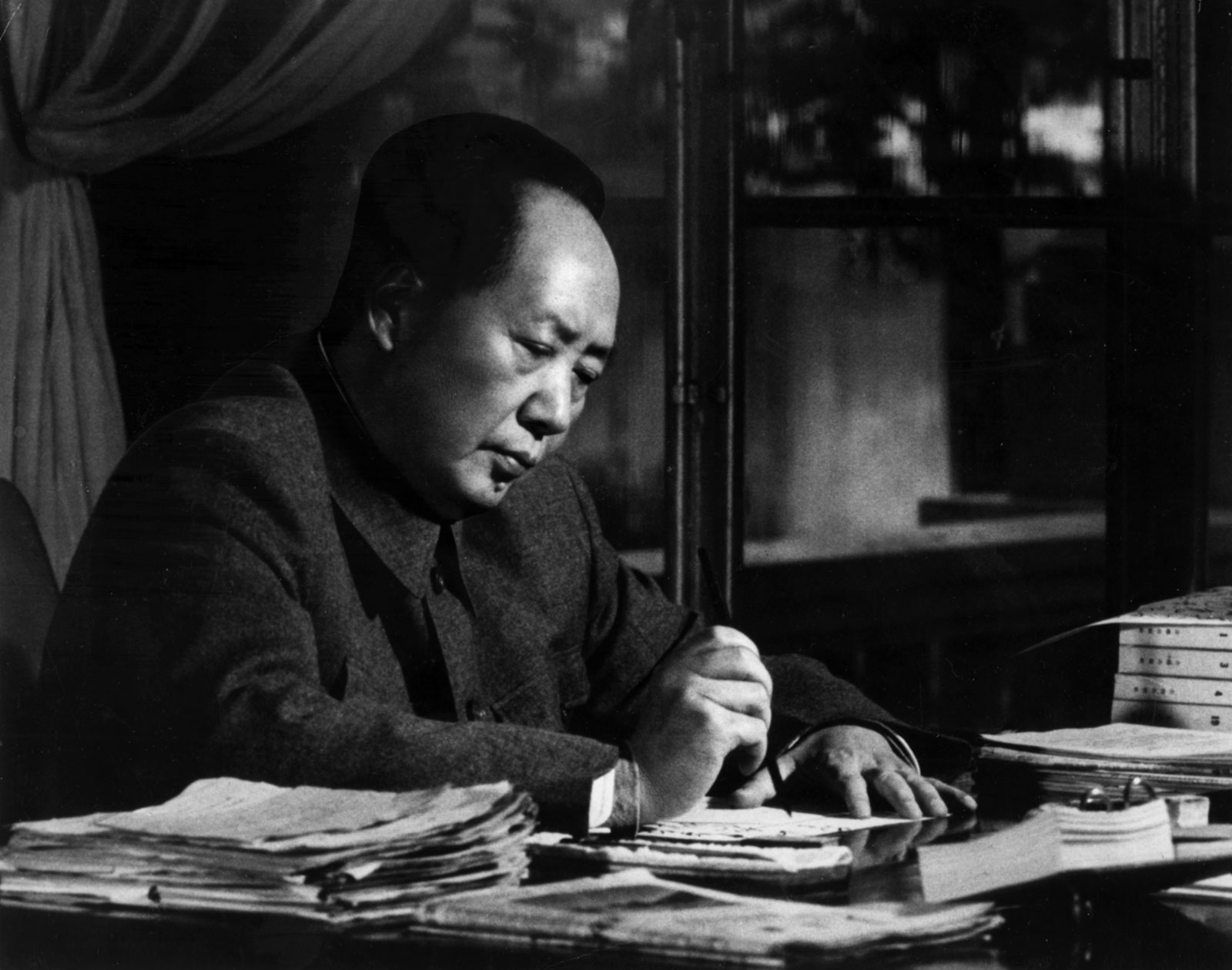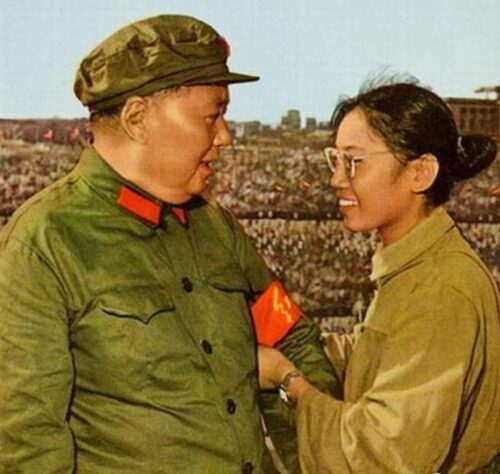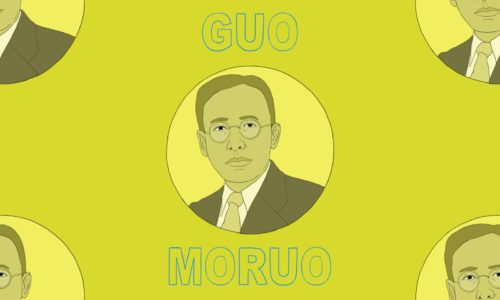The Chinese government’s erratic tolerance of Cultural Revolution literature

This month’s Kuoras will examine the Cultural Revolution. Last week’s column was on Mao Zedong’s role. This week’s column comes from one of Kaiser’s answers originally posted to Quora on April 2, 2016:
What is the Chinese government’s attitude toward criticism of the Cultural Revolution in fiction works?
The Party-state’s attitude toward both fictional and nonfictional criticism of the Cultural Revolution is mostly tolerant — but not in all cases. As Lei Sun noted, the government generally neither suppresses nor promotes such criticism. But it depends. It would appear, for instance, that it’s frowned upon if not banned in genuinely popular media — in primetime television shows, or film slated for very wide release — though I should hasten to add that it’s quite unclear to me whether this is because of direct censorship or because makers of that sort of media don’t believe it’s something that Chinese mass audiences would particularly care to see depicted.
Most of the literature that has dealt with the Cultural Revolution was not intended for mass audiences; the 伤痕文学 (shānghén wénxué — “scar literature”) of the late 1970s and early 1980s was familiar to intellectuals, certainly, as were novels like Yú Huá 余华’s (To Live 活着 huózhe, 1993). But the film version of the latter — even though it was considered more on the art house end of the spectrum and was never going to be a major blockbuster — was banned in China.
The Party maintains an attitude toward the Cultural Revolution that very much reflects its ambivalent attitudes toward Mao Zedong, who ultimately bears responsibility for its horrors and excesses. While the Cultural Revolution has been declared a mistake, its author — Mao — is a load-bearing wall that can’t be taken out without doing serious structural damage to the whole edifice. His image is still on all the paper currency, his body remains on display in the center of Tiananmen Square, and his portrait still hangs over Tiananmen, the Gate of Heavenly Peace.
The Party is still haunted by the Cultural Revolution. Many of the current leaders, including Xi Jinping, either themselves suffered because of it or saw patrons, parents and older relatives persecuted, imprisoned, tortured or even killed during it. What we have to remember is that the Party itself was the primary target of the Cultural Revolution. Mao had been in relative eclipse after the disastrous famine brought on by the Great Leap Forward, had been criticized by major Party figures, and had lost day-to-day control to Liú Shǎoqí 刘少奇 and, in the economic sphere, to Dèng Xiǎopíng 邓小平. When he tapped into the rebellious energies of youth and called on the young people to “bombard the headquarters,” he really meant it.
The current Chinese Communist Party is only partly the party of Mao; it underwent a massive change when Deng Xiaoping came back to power in the late 1970s, and while it retained its basic Leninist structure, both its composition and its ideological content were overhauled. But there was never a repudiation of Mao as there was a repudiation of Stalin under Khrushchev: no “de-Maoification” campaign. Deng was pragmatic enough to recognize that such an undertaking would have been lethal to the Party itself.
Kuora is a weekly column.






